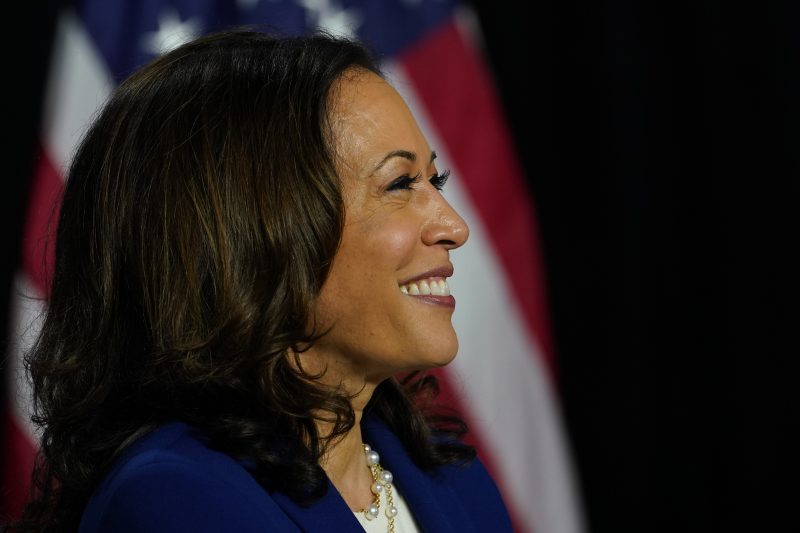In the realm of education policy and civil rights movements, the history of busing and school desegregation holds a significant place. The evolution of these practices has not only shaped educational systems but has also deeply influenced the perspectives and ideologies of prominent figures in politics, including Vice President Kamala Harris.
Since the mid-20th century, busing has been a controversial method of achieving school desegregation in the United States. By transporting students from one neighborhood to schools in another area to balance the racial composition of student bodies, busing aimed to combat the racial segregation entrenched in many educational systems. Busing became a focal point of heated debates, drawing both support and opposition from various groups within society.
Vice President Kamala Harris has been vocal about her experience with busing and its impact on her views of race and education. Growing up in California in the 1970s, Harris, like many children of color, was a beneficiary of the school desegregation efforts that included busing. Harris attended integrated schools that were a result of court-ordered busing, which exposed her to diverse communities and perspectives at a young age.
Harris has cited her experience with busing as a crucial factor in shaping her understanding of racial equality and social justice. The interactions and relationships she formed while attending desegregated schools contributed to her belief in the importance of diversity and inclusion. Harris has emphasized the transformative power of education in breaking down racial barriers and fostering unity among individuals from different backgrounds.
The legacy of busing and school desegregation continues to reverberate in discussions on race, education, and social inequality. While the effectiveness and implications of busing remain subjects of debate, its role in challenging institutionalized racism and promoting diversity cannot be denied. As Vice President Kamala Harris carries forward her commitment to equity and justice, her experiences with busing serve as a reminder of the enduring impact of past struggles on shaping present perspectives.
In conclusion, the history of busing and school desegregation has left a lasting imprint on the American educational landscape and the minds of those who have experienced its effects. Vice President Kamala Harris stands as a testament to how these policies have influenced her views on race and equality, highlighting the importance of inclusive and diverse educational environments. By acknowledging the complexities of busing and its implications, we can continue to strive towards a more equitable and integrated society.
